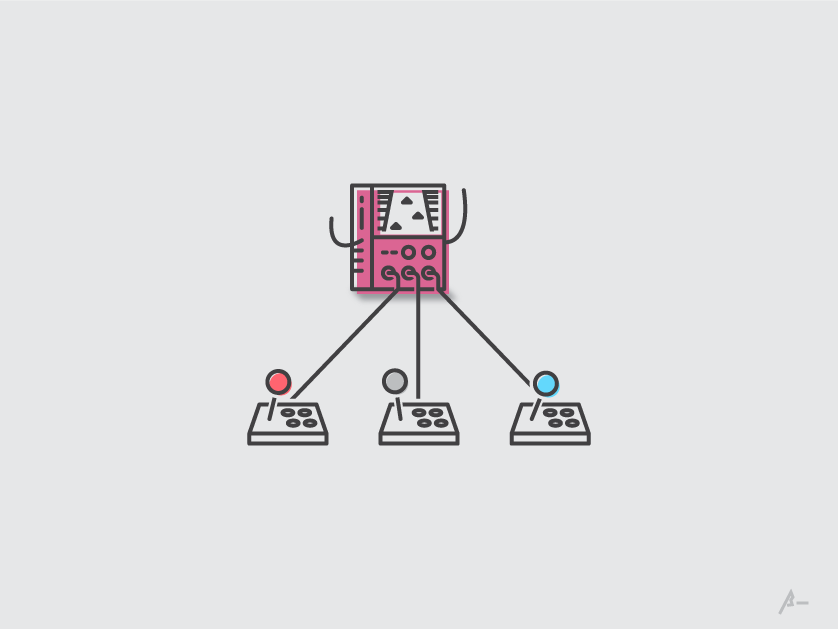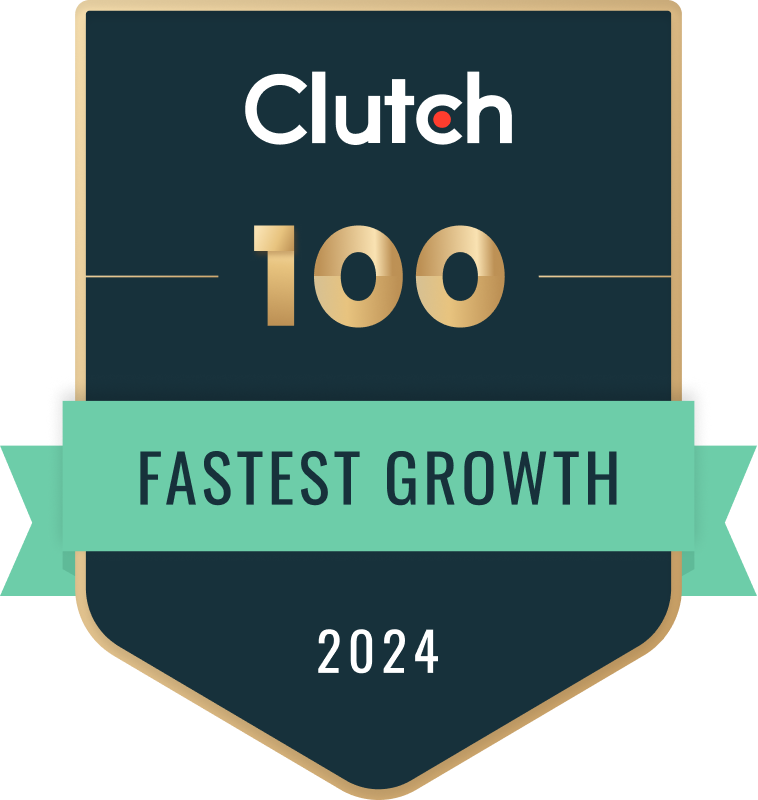In the world of technology, the name of the game is innovation, and Google, Apple, and Microsoft have been its big players. All three continue to be relevant today as their engineers, developers and designers work (and play) with existing tools and techniques to forge new ones.
The future is undoubtedly affected by what’s pushed out by technological companies, startups and conglomerates alike. Whether it’s curiosity, convenience or capitalism, whatever’s driving innovation is beside the point. Technology is too ingrained in our lives. As for innovation, we’re all ready for the ride.
[Tweet “The future is undoubtedly affected by what’s pushed out by technological companies, startups and conglomerates alike.”]To keep tabs on this race towards advancement, here’s the latest from arguably the greatest:
G is for Google, According to the Alphabet
If you haven’t heard yet, Google is now under a new company called Alphabet. It’s basically an umbrella company Google created for all of their pre-Alphabet efforts so far: self-driving vehicles, health, renewable energy, you name it. The slimmed down Google can now better focus on the businesses they’re primarily known for, products and services like search, maps, YouTube, Android, apps and ads.
Along with the spinning off of the business comes a new Google CEO in Sundar Pichai, a commonsensical move on Larry Page’s part. (Want a clearer picture on our new Master of the Universe? Okay.)
As Page pointed out, the new company structure allows for better management scale, strong leadership, and brand independence. Broken down, Alphabet will contain:
- The slimmed down Google
- Google Ventures – their venture capital business
- Google Capital – investment fund
- Google X – think: auto-driving cars, Google Glass, Internet by balloon, moonshots, and Wing, their drone delivery effort
- Fiber – high-speed internet
- Nest – their smoke alarms, home cameras, thermostats and connected home devices
- Life Sciences – with their work on glucose-sensing contact lens
- Calico – their longevity project
If innovation is the name of the game, Alphabet, née Google, is definitely winning.
Apple Stocks are Falling
It’s been argued before about how Cook-helmed Apple is really no different from Jobs’ Apple, at least from a numbers perspective. That argument loses steam as the stock market recently revealed how the company is faring. But maybe gravity has caught up with this tech giant.
Then again, Apple is still set to launch a number of products before 2015 is out. Expect the iPhone 6s (some say 7), iPad iterations, Apple TV and possibly a better iMac, along with iOS updates. Notice how the line-up has nothing truly new to offer – not that people won’t be lining up for the gadgets.
These products, however, aren’t close to revolutionary. It’s a tall order, expecting ‘revolutionary’, but it’s a bar the company set for themselves. The giant used to be a groundbreaker in technology, but now we have the Apple Watch – two years after Samsung’s own wrist option – and it barely registered on our global collective consciousness. (To be fair, though, wearables aren’t as ubiquitous as The Jetsons would’ve had us think.)
Their services don’t seem to be doing any better. Apple Music, for instance, seemed poised to be a heavy hitter in the music streaming market, what with their core of music and their legions of users. Out of that 500 million existing iPhone user base, though, only 11 million have signed up. It may only be a month into the service’s three-month free trial, but the numerous snags in the rollout have users disappointed with Apple Music. They need to fix these issues before time’s up.
For a brand that prided itself on perfection, this scramble is jarring. Even more troubling is how they seem to be playing a different game, no longer innovation but more of iteration. Is this Apple’s new standard, not meeting old golden expectations?
Microsoft Opens Arms and Doors
In the wake of Satya Nadella’s appointment as CEO last year, Microsoft has taken strides that could change our expectations of the old empire. Instead of continuing to sell their products at cutthroat rates, they’re giving away their software for free – even and often on mobile devices by competitors. Microsoft’s hottest OS update, the Windows 10 is the first offered free to users as an upgrade to the two previous versions.
Android and iOS apps will also run on the new OS, along with other cross-platform friendly features like Cortana, their Android-enabled personal assistant and Sway, their presentations alternative/upgrade. Also, they’ve finally ditched Internet Explorer with their snazzy new browser, Edge.
Along with the Windows 10, the company has also released the Windows 10 IoT Core, a light version meant for the Internet of Things. The IoT Core encourages developers to create apps for the platform, showing that the once-dominant empire has learned from its past mistakes, particularly in mobile.
Windows 10 also features Microsoft’s partnership with Autodesk with its integrated 3D printing platform. It’s a solid foot through the ever promising door of additive manufacturing.
Microsoft moves forward into its new reality, one that opens doors to both virtual and augmented reality with the HoloLens. Stealing the show at their E3 (Electronic Entertainment Expo) Conference, the technology wowed with a Minecraft demo as it projected holograms onto physical reality. They also have a partnership with Facebook subsidiary, Oculus Rift as the company will bundle Xbox One controllers with the VR headset slated for a spring release. (Let’s hope they handle these endeavors better than what they did with Kinect.)
What’s more, Microsoft recently partnered with the U.S. Department of Agriculture to launch the Innovation Challenge for Food Resilience, a contest in support of the White House Climate Data Initiative. The competition involves developing applications and tools that can analyze numerous information sources on the country’s food supply, including key USDA datasets hosted on Microsoft Azure, their cloud-computing platform. The challenge is in support of the nation’s initiative towards innovations for climate change and resilience preparedness.
Although not as expansive in scope as Google, Microsoft is proving itself to be a visionary.
Everyone Should Be Playing the Game
At this point, it might feel like the game is rigged for Google, Apple, Microsoft and everyone else already in the industry. It’s only a matter of time (and a creative spark, perhaps) for other big brands like Sony and Samsung to step away from the sidelines and actively play.
But “everyone else” isn’t restricted to these brands. That creative spark could happen to anyone. With a whole lot of hustle, bit players can become behemoths and possibly play a hand in shaping our technological future. After all, there’s always room for better, for more, and for everyone. It’s a free market and that’s the beauty of today’s tech game.





